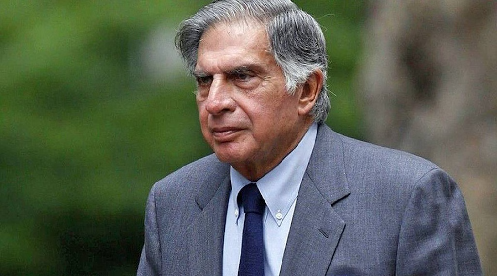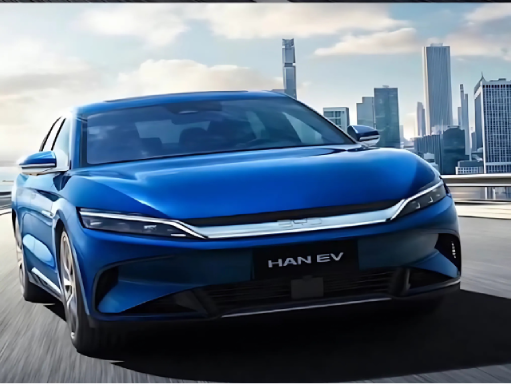Ratan Tata, the former chairman of the Tata Group, who transformed the Indian conglomerate into a global powerhouse through a series of landmark acquisitions, passed away at the age of 86. The Tata Group announced his death in a statement on Wednesday. Sources had earlier confirmed that Tata had been in intensive care at a Mumbai hospital.
After earning a degree in architecture from Cornell University, Tata returned to India in 1962 and joined the group founded by his great-grandfather. He held various positions, notably at Tata Motors and Tata Steel, where he played a pivotal role in turning around struggling units like National Radio & Electronics Company.
Tata became chairman in 1991, succeeding his uncle JRD Tata, just as India was opening its economy to the world. One of his first initiatives was to modernize the group, enforcing retirement ages, appointing younger leadership, and consolidating control.
Under his leadership, Tata Group expanded globally, acquiring prominent firms such as British tea company Tetley in 2000, steel giant Corus in 2007, and luxury car brands Jaguar and Land Rover in 2008. These moves solidified Tata Group’s reputation as a global player.
Tata was also instrumental in launching Tata Motors’ Indica and Nano, the latter being the world’s cheapest car. After retiring from the group, he became a prominent investor in Indian startups, supporting ventures like Paytm, Ola Electric, and Urban Company.
Ratan Tata was awarded the Padma Vibhushan, India’s second-highest civilian honor, in 2008 for his significant contributions to trade and industry.





